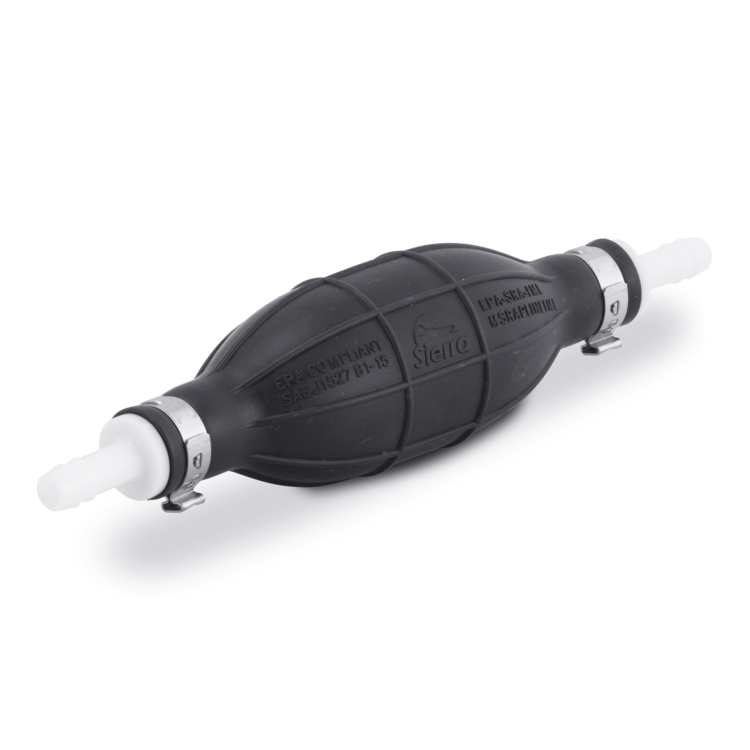Fuel Storage and Management
In marine environments, managing fuel efficiently and safely is crucial. The overall design and health of the fuel system directly impact the vessel's performance and safety. It encompasses everything from storing fuel effectively to ensuring its purity before it reaches the engine. Understanding your system's capacity, the type of fuel used, and the best practices for storage and handling is fundamental.
Maintaining Fuel Quality for Engine Health
Keeping fuel clean and free of contaminants is vital for engine longevity and efficiency. This involves not just filtering out particulates, but also separating water from the fuel, which is crucial in a marine setting. Regular monitoring and maintenance of these processes help prevent engine wear and potential failures.
Reliable Fuel Delivery
The delivery of fuel from storage to engine is a critical process. Secure and robust connections are essential to prevent leaks and ensure a consistent fuel supply. Proper installation of fuel systems and regular checks of all connecting components help maintain the integrity and reliability of the fuel delivery system.
Filtering Systematically to Ensure Optimal Performance
Filtration is a key aspect of any fuel system, protecting the engine from contaminants that could cause damage or inefficiency. Regular replacement of filters and cleaning of separators are necessary maintenance tasks. Understanding the specific requirements of your boat's engine and the type of fuel used is essential in selecting the right filters and maintaining them effectively.




